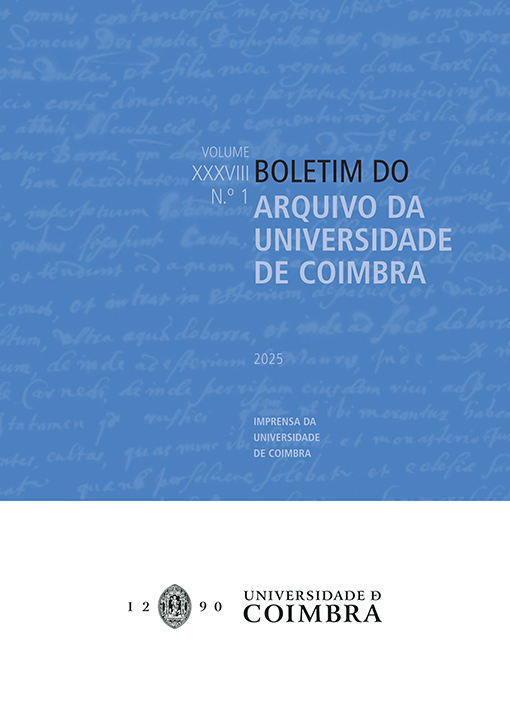Archives, records, and information
terms, concepts, and relationships across linguistic cultures
DOI:
https://doi.org/10.14195/2182-7974_38_1_5Keywords:
Archives, Records, InformationAbstract
This paper is a lightly revised version of a talk that I gave as part of the seminar cycle Rethinking the Archive(s) / Repensar o(s) Arquivo(s) in Lisbon in March 2024. The organisers of the seminar asked me to speak about three terms that are central to our professional discourse: archives, records, and information. These terms give rise to a number of questions that I sought to address. What are the concepts that underlie them? How might they be related? How are the terms used in different languages and how are they understood in different linguistic cultures? Is there still a place for distinct understandings of archives and records in a world increasingly dominated by ideas about information? In attempting to answer these questions, it seems best to begin by considering the terms themselves. Each of them has a diverse range of meanings, and this paper aims to examine how the three words have been used in the past as well as how they are understood today. It begins by discussing historical and current understandings of archives. It examines the origins of the word records, its transformation from a purely Anglophone to a largely global term, and the challenges that arise in translating records from English into other languages. It then considers how ideas about information intersect with our comprehension of records and archives, and offers some concluding thoughts on the importance of records and record-keeping in the digital era of the twenty-first century.
Downloads
Downloads
Published
Issue
Section
License
Copyright (c) 2025 Boletim do Arquivo da Universidade de Coimbra

This work is licensed under a Creative Commons Attribution 4.0 International License.
Authors retain copyright and grant the journal right of first publication with the work simultaneously licensed under a Creative Commons Attribution License that allows sharing the work with recognition of authorship and initial publication in Boletim do Arquivo da Universidade de Coimbra journal.










